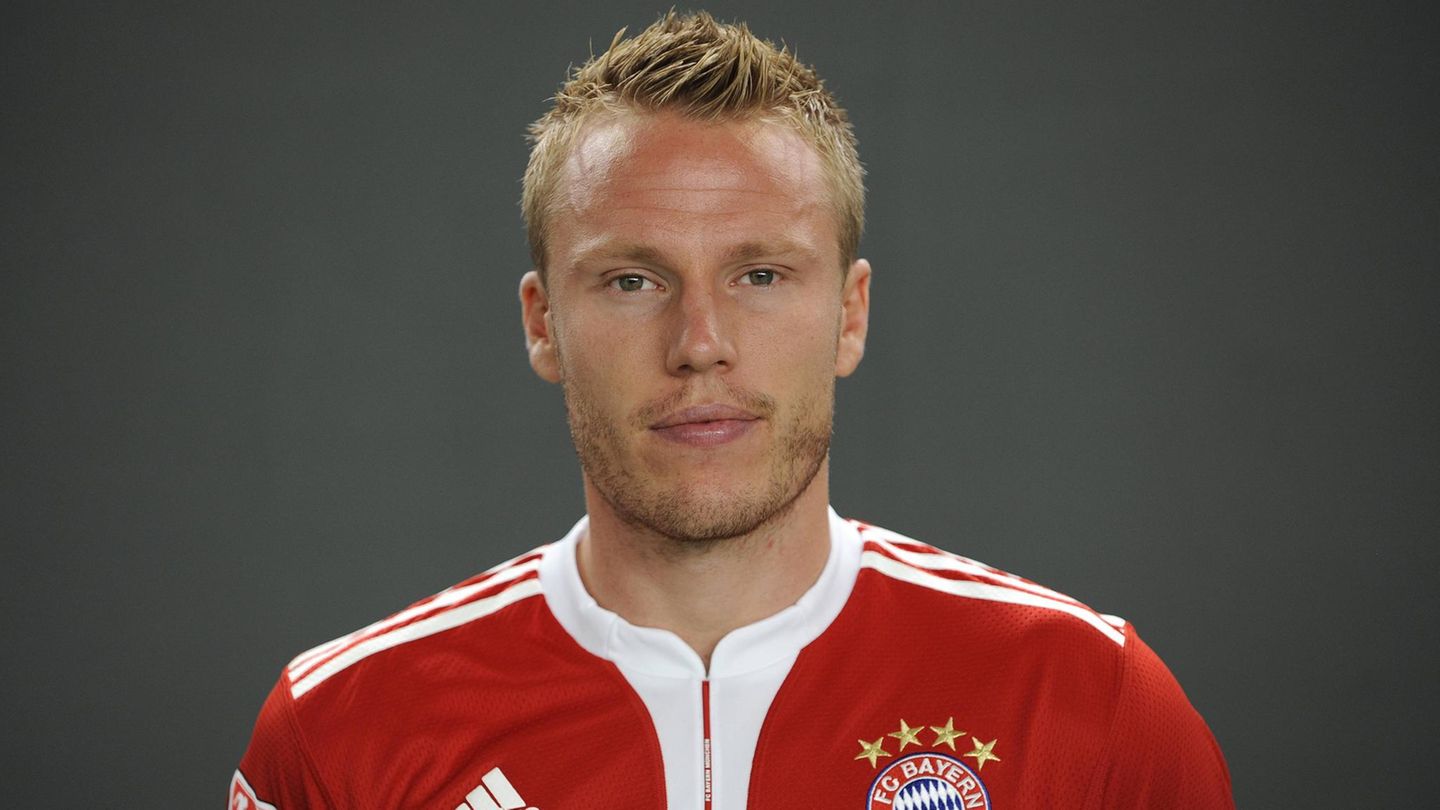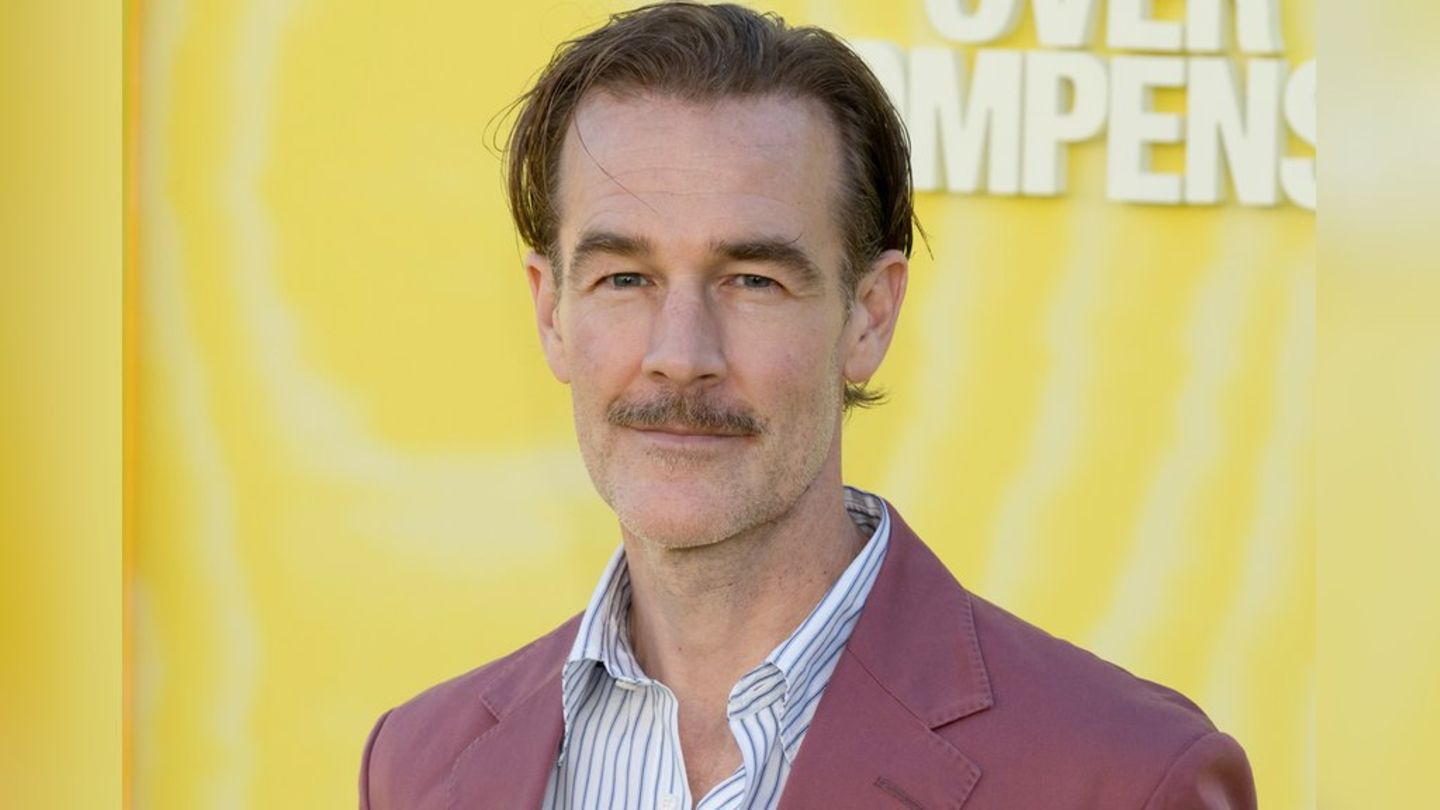Nuclear phase-out
Twelve hours with Scholz and Habeck: U-Committee ends
Copy the current link
Were the tests that preceded Germany’s nuclear phase-out in 2023 “ideology-driven”? Even at the end of a months-long investigation, this question remains controversial.
Chancellor Olaf Scholz (SPD) and Federal Economics Minister Robert Habeck (Greens) defended their decisions to phase out nuclear power in the parliamentary committee of inquiry. As the last witness, Chancellor Scholz was available to answer questions from MPs until late Thursday evening after the committee had questioned Habeck for almost nine hours. The Union, which had requested the investigative committee, also came to the conclusion at the end of all witness hearings that the decisions surrounding the continued operation of the last three German nuclear power plants in 2022 were ultimately “ideology-driven”.
“All the key people in these ministries are simply ideological. And that’s why, from our point of view, an open-ended examination was never possible,” concluded the CSU politician Andreas Lenz, referring to Habeck’s Ministry of Economic Affairs and the Environment Ministry of the Green Party minister Steffi Lemke.
The FDP politician Frank Schäffler said it had become clear that the Greens had led the country “behind the scenes”. They had repeatedly thrown sand into the gears, he said, with a view to tests on the continued operation of the nuclear reactors.
Scholz defends nuclear phase-out as “right”
Scholz, on the other hand, defended the decisions from 2022 and described the nuclear phase-out as “right”. The Chancellor emphasized that extending the service life of nuclear power plants for several years would have been “against the consensus” from previous years and previous federal governments.
At the same time, in October 2022, after a discussion with the operators of nuclear power plants and the two ministers for finance and economics, he came to the conclusion that the “most sensible solution” would be to let the nuclear power plants run in stretch mode until mid-April 2023. “My goal was to ensure the security of the energy supply under all circumstances,” said Scholz. That’s why both the environment and economics ministries wanted to examine the continued use of nuclear power plants in an “open-ended” manner.
There had previously been a lively exchange of blows between the questioners and Federal Economics Minister Habeck around the issue of “open-ended examination”, one of the core questions in the investigative committee. Habeck defended himself against accusations that he and his ministry had not examined the continued operation of the remaining nuclear power plants in Germany in the energy crisis following the start of the Russian war of aggression against Ukraine. “There were no bans on thinking,” he said. The continued operation of the nuclear power plants was examined without any ideological predeterminations. The only question was whether it helped security of supply and whether it could be implemented.
Habeck was the penultimate witness before Scholz on the U-Committee. The Green Party candidate for chancellor appeared aggressive and went on the offensive several times. He accused the previous Union-led governments of leading Germany into a dangerous dependence on Russian gas. The threat of a gas shortage in 2022 has been used by some actors to revise the nuclear phase-out. During the survey, Habeck also expressed the suspicion that the questioners were more concerned with a pro-nuclear agenda than with real clarification.
At the insistence of the FDP, a longer-term extension would have been enough until 2024, emphasized Habeck. According to his information at the time, with new fuel rods the nuclear power plants would probably have had to run for another three to five years. That wasn’t an option for him. Scholz also made it clear during his questioning that a longer-term extension of the service life with new fuel rods was never an option for him.
Keep nuclear power plants running longer?
After the start of the Russian war of aggression on Ukraine, the federal government was alarmed by the high level of dependence on fossil fuels from Russia. There were also calls to keep the three remaining nuclear power plants online beyond the end of 2022. In 2011, after the nuclear disaster in Fukushima, Japan, the then black-yellow government decided to phase out Germany’s nuclear power by the end of 2022.
In March 2022, a joint examination by the Ministry of Economics and the Environment showed that extending the operating times of the remaining nuclear power plants could only make a “very limited contribution to solving the problem, and this at very high economic costs, constitutional and safety risks.” During her questioning on Wednesday, Environment Minister Lemke argued that for her institution, as the highest nuclear regulatory authority, nuclear safety has always had the highest priority in all considerations.
The minister complained that security issues had played far too little of a role in the debate about the term extensions. During his survey, Scholz also referred to the “devastating risks” that the use of nuclear power poses.
Dispute in the coalition and the Chancellor’s word of power
And yet, in the interests of security of supply, it was ultimately right to let the last three nuclear power plants run for a few months longer, argued Scholz. The last three reactors ran three and a half months longer than originally planned – the nuclear phase-out was postponed from December 31, 2022 to April 15, 2023. Before that, after a dispute within the then traffic light coalition, the Chancellor gave his word on October 17, 2022 .
Scholz also defended this word of power several times in the committee. He emphasized that otherwise it would not have been possible to find a solution. There could not have been an agreement with either Habeck or the then Federal Finance Minister Christian Lindner (FDP) in a very serious situation for Germany with a potential energy shortage, said Scholz. It became clear to him: “I have to take responsibility for this.” Both ministers were informed in advance of the decision that the Chancellor wanted to clarify the issue through directive authority.
Habeck had previously stated that he no longer remembered whether he had been informed. One of many small deviations that the committee was unable to completely resolve, even after 40 interviews with witnesses. The positions also remained contrary until the end. While the Greens and the SPD ultimately see no evidence of the two ministries’ actions being primarily driven by ideology, the Union continues to speak of a “large-scale deception.”
It remains to be seen whether this term will also be found in the final report. As soon as the statements from all parliamentary groups are available, it should be presented to the President of the Bundestag in February.
dpa
Source: Stern
I have been working in the news industry for over 6 years, first as a reporter and now as an editor. I have covered politics extensively, and my work has appeared in major newspapers and online news outlets around the world. In addition to my writing, I also contribute regularly to 24 Hours World.




